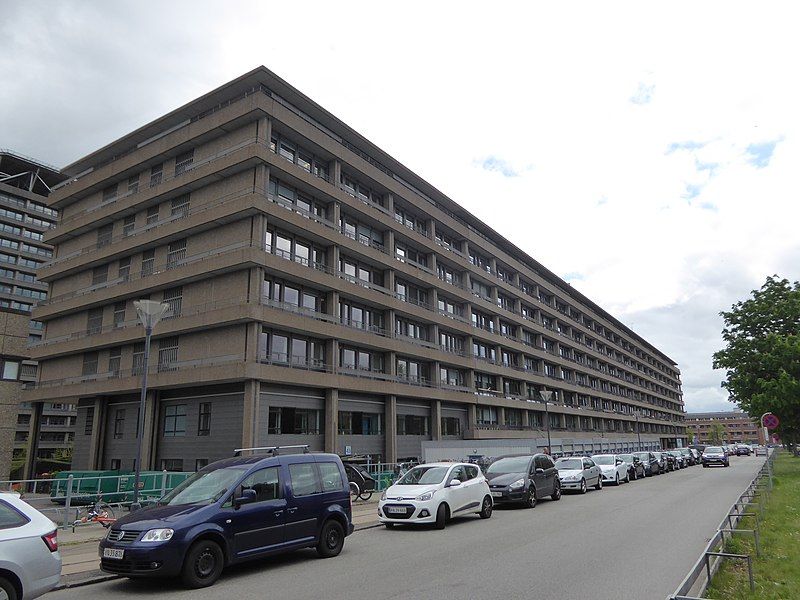A new study by Rigshospitalet city hospital and the State Serum Institute (SSI) has gained the attention of the research community.
According to the researchers, the brain disorder hydrocephalus, commonly referred to as ‘fluid on the brain’, is mostly caused by genetics.
The most common congenital brain disease in Denmark, hydrocephalus causes symptoms such as headache, dizziness and nausea. In infants, it can cause the head to grow disproportionately, which can be fatal if left untreated.
“We have investigated how much of a role genetics plays when a patient has hydrocephalus. We saw that up to 60 percent of tested patients had a probable genetic cause behind the disease. Just because it’s genetic doesn’t mean it’s hereditary,” Tina Nørgaard Munch, a neurosurgeon from SSI, told TV2.
Thanks to the discovery, scientists are going to have a better understanding of the disease and the treatment offered to patients.
READ ALSO: Denmark among world’s most tech-enabled countries
Solution in the works
Tina Nørgaard Munch treats patients with hydrocephalus on a daily basis, and realised that not everyone if given the same treatment against the disorder.
The neurosurgeon is working to better understand the mechanics of the disorder in order to improve and develop a universal treatment in the future.
Munch thinks that adapting the treatment to patients’ genetic profile will be the best option, applying varying techniques.
For the moment, hydrocephalus is treated with either surgical installation of a drain from the brain or via keyhole surgery. Those two surgical procedures often lead to complications and further surgeries, especially in children.
“The results of the study are a step in the right direction, and it provides us with knowledge regarding which way to go from here. We are already in full swing with new studies, so we can learn more about how we can use it in our treatment,” said Munch.















